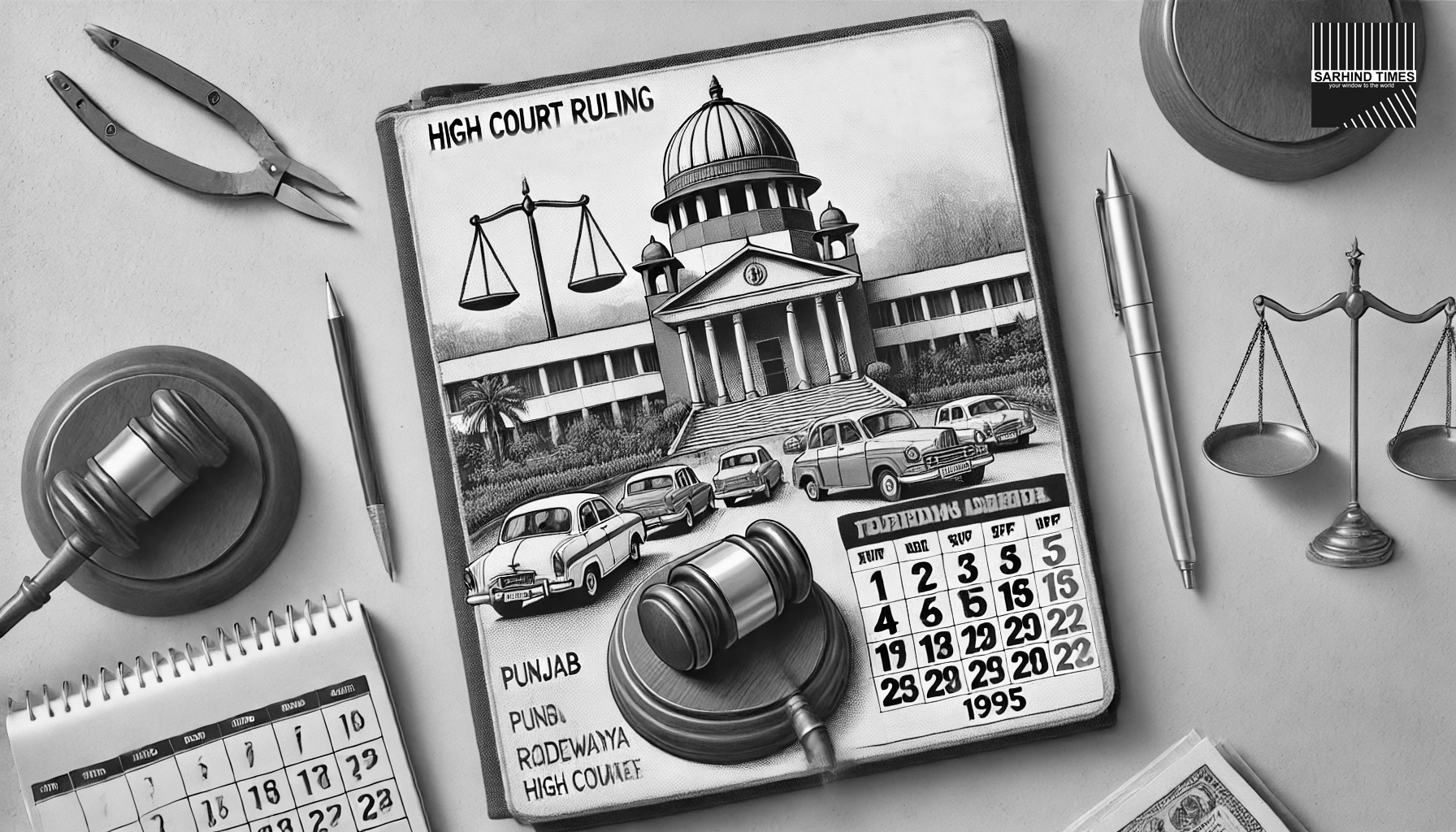Chandigarh, India: In a landmark decision, the Punjab and Haryana High Court has ruled that an employer cannot retroactively terminate an employee and deny the benefits they earned during their service. The ruling was delivered in a 25-year-old case involving a roadways employee who was retrospectively terminated from December 31, 1994. The court’s decision reinforces the protection of employee rights and emphasizes the importance of lawful procedures in employment termination.
The case involved Bahadur Singh, a roadways employee whose termination was backdated to December 31, 1994, on the grounds that his date of birth should have been recorded as December 1936, instead of July 1938. The termination order, issued on June 8, 1995, effectively deprived him of the benefits he had accrued during his service.
Justice Namit Kumar, who delivered the ruling, emphasized that while an employer has the right to terminate an employee, the termination must be effective from the date of the order or a specified future date. “The termination cannot be applied retroactively to an earlier date (backdated), which means that the employee’s benefits earned during their service cannot be taken away by making the termination effective before it actually happened. In essence, the employees’ rights and benefits accrued during their service are to be protected, and the employer cannot retroactively deprive them of those benefits by backdating the termination,” Justice Kumar stated.
The High Court allowed Bahadur Singh’s petition to the extent of setting aside the retroactive application of the termination order. The court directed that his date of retirement be treated as June 8, 1995, the date when the impugned order was passed. Furthermore, Singh was awarded all consequential benefits from January 1, 1995, to June 8, 1995, with a three-month deadline for the respondents to grant these benefits.
This ruling is significant as it upholds the principle that a worker’s entitlements cannot be retrospectively nullified. It also ensures that employers adhere to lawful procedures when ending employment relationships, reinforcing the protection of employee rights.
However, the delay in justice in this case highlights the broader issue of the high court’s backlog. With over 4,33,625 cases pending, including 1,61,321 criminal matters involving life and liberty, the high court faces an immense challenge. Among these, 18,352 cases have been pending for 20 to 30 years, exacerbated by a shortage of judges. The high court currently operates with 55 judges against a sanctioned strength of 85, with three more judges set to retire this year.




+ There are no comments
Add yours